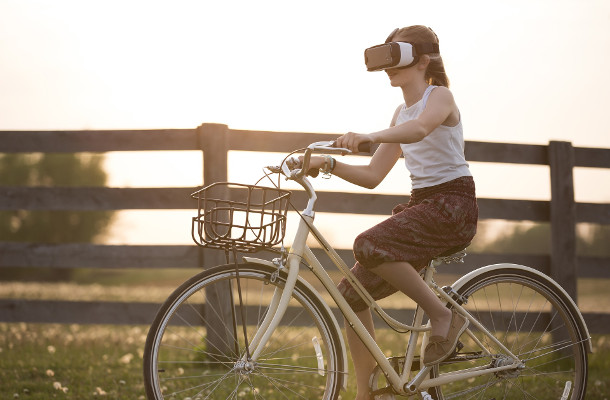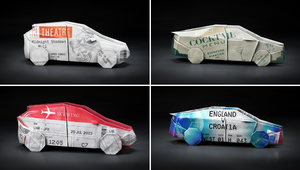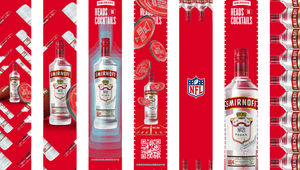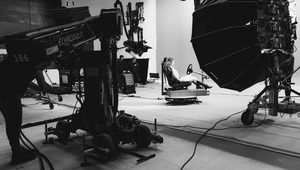
Tech That Will Impact Our Lives This Year

As with every year in recent memory, 2017 has seen exponential growth in many areas of tech. It’s easy to get swept up in the big-budget launches and buzz that doesn’t translate to traction (Snapchat Spectacles, anyone?). So, let’s sort the wheat from the chaff. What new tech has the potential to create the biggest impact on our daily lives in 2018?
AR and VR continue to grow in adoption and usefulness as they become further embedded in our lives. The New York Times published a study that found people who spend their money to save time (hiring a car, a cleaning service, ordering takeout) are happier than those who spend their time to save money (taking public transport, cleaning their own homes, cooking meals at home). The connected home is designed to save time and streamline mundane tasks, so it won’t be surprising to see this technology grow and become a more seamless part of our lives.
However, many consumers are wondering how the internet of things—phones, watches, cars, homes, etc.—will negatively impact personal privacy, adding barriers to adoption. So, while the connected home will continue to grow, expect consumer discernment and privacy concerns to be top of mind for innovators and brands as they address the marketplace.
But for my money, the cool tech that’s really worth watching are those that tangibly improve our lives, simplify stress and shortcut manual labor. One product I’m excited by this year is a new smart fabric that’s been coming across our desks - it has a number of possible translations.
Smart fabric could offer tangible benefits, even lifesaving ones. And while it is too early to tell whether smart fabric will be implemented by the manufacturers to reach the real world, we can already see potential. We could envisage this fabric being used as a car seat that could read your body’s vital signs and react if you start to fall asleep; or sense which driver is in the car and automatically adjust the settings before updating the driver with traffic conditions and directions. Both of these potential ideas would offer a truly automated driving experience, but could also strongly impact on road safety.
In a world that saw a disappointing 2016, followed by a turbulent 2017, we are all looking for ways to make our daily lives easier, better, and safer. I expect technology will follow suit.













